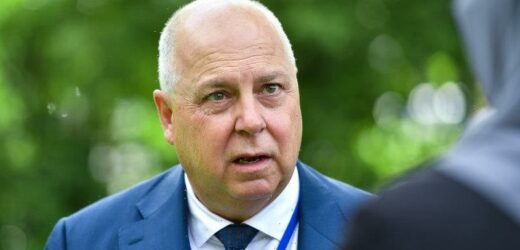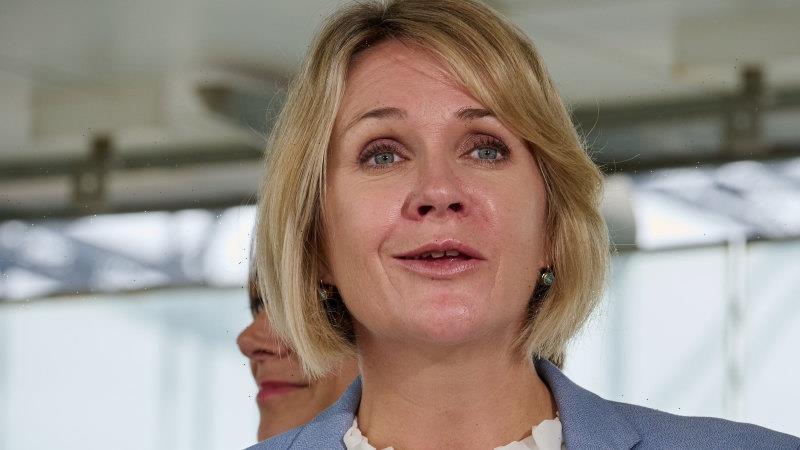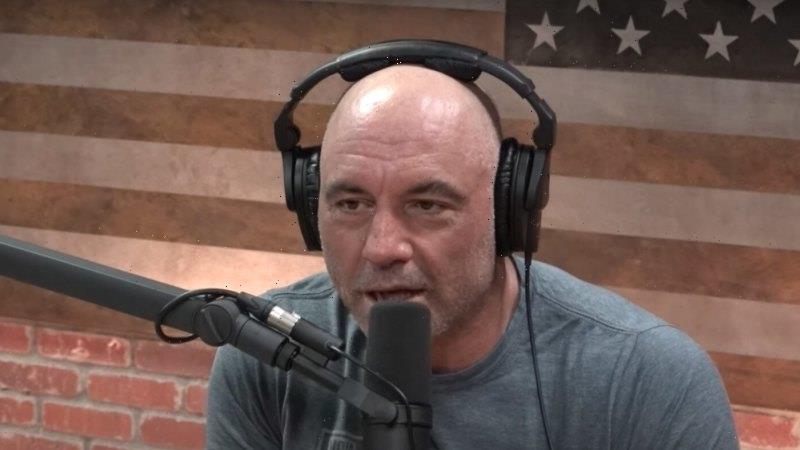Victorian Labor has already begun its campaign in Treasurer Tim Pallas’ seat of Werribee in a sign the party fears losing the safe seat in November’s state election.
Labor and Liberal internal polling have shown a growing dissatisfaction with the major parties – and with Premier Daniel Andrews, following two years of COVID-19 lockdowns, vaccine mandates and restrictions – in the city’s working-class outer suburbs, where people were more exposed to the pandemic.
Tim Pallas holds the seat on a 12.6 per cent margin after suffering an 11 per cent swing to his primary at the last election.Credit:Joe Armao
The federal Liberal Party banked on this anti-Andrews sentiment in Melbourne’s outer suburbs including Werribee, in the city’s west, to offset likely losses in the inner-city but failed to gain any seats from Labor. Instead, the Liberals lost Chisholm and came close to losing Menzies, with the result in Deakin still unclear. In Corangamite and Dunkley, where the Liberals attempted to paint Anthony Albanese as Andrews’ puppet, Labor’s margin increased.
However, The Age has spoken to more than a dozen Labor sources who have said the party is at risk of losing seats in the state election in strongholds to high-profile local independents.
Party headquarters has been sending out campaign material – in addition to Pallas’ electorate office communications budget – to spruik the treasurer’s credentials as a local member, including direct mail to constituents about local projects the Andrews government has funded.
One Labor source, speaking on the condition of anonymity to freely discuss internal party matters, said it was highly unusual to send out campaign material six months out from the state election in a safe seat. They said it was emblematic of fears Labor would lose Werribee in November.
Pallas holds the seat on a 12.6 per cent margin after suffering an 11 per cent swing to his primary at the last election. Independent Joe Garra, a local GP, picked up 20 per cent of the votes – a significantly high primary for an independent.
“The rise of independents gives enormous weight to change MPs this November,” the Labor source said. “Voters still haven’t forgotten about the prison and the toxic soil that were dumped on them at the last election.”
Labor is particularly worried about independents similar to Dai Le, a former mayor in Sydney’s western suburbs who defeated high-profile candidate Kristina Keneally. Keneally was parachuted from the affluent Northern Beaches to the economically depressed and safe Labor seat of Fowler.
The Labor source said jobs, access to healthcare and an MP living locally were at the top of Werribee voters’ minds for the upcoming state election.
They predicted that the lack of progress on the East Werribee Employment Precinct, CSIRO’s decision to move its food innovation facility from Werribee to Melbourne’s north, and Pallas living in Williamstown will be a drag for Labor in November. While a high-profile independent has not yet announced their candidacy, several names have been privately floated.
In a statement, Pallas said being the local member for Werribee was a privilege and he had never taken it for granted.
“Whether it’s building new schools or upgrading local schools, the Werribee Mercy Hospital, roads, or removing level crossings and delivering local trains – only Labor delivers for Werribee,” he said.
While federal Labor did suffer major swings in the outer suburbs, the votes went to minor parties and independents rather than the Liberal Party. In the federal electorate of Lalor, which takes in Pallas’ seat, Labor’s primary went down by 7.13 per cent and the Liberals’ 4.89 per cent.
And both candidates suffered major swings in polling booths in the state seat of Werribee, although on a two-candidate preferred vote after preferences, Labor MP Joanne Ryan’s margin in those booths increased by 2.74 per cent.
Monash University politics professor Paul Strangio said it was difficult to know if the swing against Labor was a product of resentment against state Labor or part of the general trend of disillusionment with the major parties. He said some of those safe Labor seats suffered massive swings in 2019, a sign that voters in those electorates are “simply tired of being taken for granted”.
“There is certainly a narrative abroad that Andrews is unpopular in the outer suburbs because of his perceived hardline leadership during the COVID pandemic,” Strangio said.
“Notably, it is a narrative pushed hard by the conservative columnists at the Herald Sun, who bitterly resent Andrews’ progressive leadership of the state. I am wary of that narrative [of Andrews’ unpopularity] because of a lack of hard evidence.
“If I was advising the Liberal Party, I would suggest they avoid obsessing about Andrews’ alleged unpopularity. Instead, they should run a campaign focussed on mainstream issues, not least the health system.”
But he acknowledged that Werribee and Melton were the two state electorates that bucked the trend at the last election, after independents campaigned on “local issues and exploited the sentiment that Labor [and the Liberals] neglected the areas”. Strangio said he expected to see more of that in this year’s state election.
“Polls have already picked up a growing amount of non-major-party support. It will inject volatility into the race,” he said.
“At the very least, I expect that Labor’s primary vote of 43 per cent in 2018 will come off significantly but this will not necessarily be a reflection of an increase in support for the Coalition.”
The Morning Edition newsletter is our guide to the day’s most important and interesting stories, analysis and insights. Sign up here.
Most Viewed in Politics
From our partners
Source: Read Full Article



